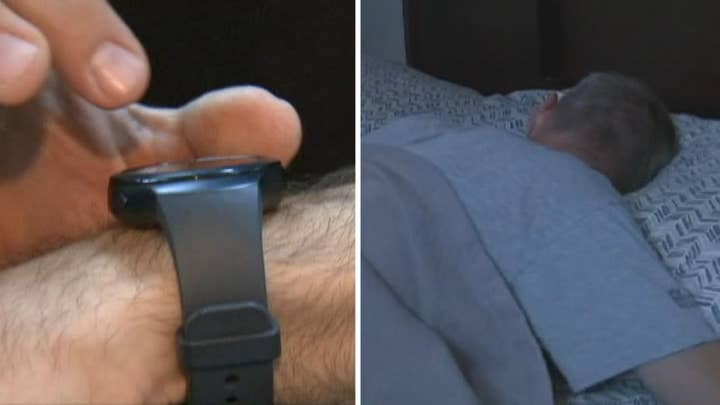
Fox News Flash top headlines for November 9
Fox News Flash top headlines are here. Check out what’s clicking on Foxnews.com.
Going to sleep at a certain time is associated with a lower risk of developing heart disease, according to researchers.
In a study published Tuesday in the European Society of Cardiology’s European Heart Journal, a team led by the U.K.-based University of Exeter found that going to sleep between 10:00 and 11:00 p.m. was beneficial compared to earlier or later bedtimes.
The research included 88,026 participants in the UK Biobank who were recruited between 2006 and 2010.
The average age of the group – ranging from 43 to 79 years old – was 61 and 58% were women.
Participants filled out demographic, lifestyle, health and physical questionnaires, according to a European Society of Cardiology news release.

The researchers said there is a stronger association between sleep onset and cardiovascular disease in women
(Credit: iStock)
Another model that controlled for sleep duration, sleep irregularity and established cardiovascular risk factors like smoking status and body mass index did not reduce the impact of the association.
There was a 25% higher risk of cardiovascular disease with sleep onset at midnight or later, a 12% greater risk for 11:00 to 11:59 p.m. and a 24% raised risk for falling asleep before 10:00 p.m. compared to sleep onset from 10:00 to 10:59 p.m.

More than 3,170 cases, or 3.6%, were reported during an average follow-up period of nearly six years.
Sensitivity analyses revealed the association with increased risk of cardiovascular disease was stronger in women, with only sleep onset earlier than 10:00 p.m. significant for men.
“The body has a 24-hour internal clock, called circadian rhythm, that helps regulate physical and mental functioning,” study author David Plans of the University of Exeter said in a statement. “While we cannot conclude causation from our study, the results suggest that early or late bedtimes may be more likely to disrupt the body clock, with adverse consequences for cardiovascular health.”
“While the findings do not show causality, sleep timing has emerged as a potential cardiac risk factor – independent of other risk factors and sleep characteristics. If our findings are confirmed in other studies, sleep timing and basic sleep hygiene could be a low-cost public health target for lowering risk of heart disease,” Plans added.
Source: Read Full Article
